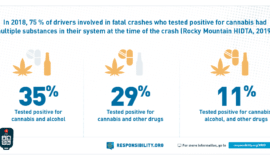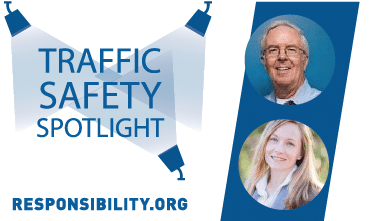Treatment Interventions and Aftercare
In order to reduce recidivism among DUI offenders with identified substance use and/or mental health issues, effective treatment interventions that address individual risk and needs must be part of the response to offending. Traditional sanctions such as license suspensions, fines, or even incarceration are not likely to be successful in deterring these offenders from engaging in DUI behavior because of their underlying problems.
The purpose of treatment is to address the root causes of offending such as alcohol or drug abuse and mental health issues.
There are a number of treatment modalities commonly available to DUI offenders. These include:
- Brief interventions;
- Cognitive-behavioral therapy;
- Motivational interviewing;
- Counseling (in the form of group or individual therapy);
- Intensive in-patient therapy; and,
- Pharmacotherapies (e.g., Acamprosate, Disulfiram, Naltrexone).
Prior to making a referral to one or a combination of these services, It is important to identify those offenders who are most likely to benefit from treatment. Research shows that approximately two-thirds of convicted drunk drivers are classified as alcohol dependent. In addition, the majority of offenders meet the criteria for alcohol abuse or dependence at some point in their lives. Moreover, the frequency of co-occurring disorders among this offender population is also quite high, further complicating the treatment process.
Other challenges that practitioners should be cognizant of in dealing with high risk/high need DUI offenders include:
- Many repeat/hardcore drunk drivers suffer from neurocognitive deficits as a result of years of alcohol abuse. These deficits limit and effect executive cognitive functioning and memory capacity which make it difficult for the offenders to successfully engage in treatment.
- High risk offenders are unlikely to attend treatment or successfully complete it absent supervision and immediate consequences for noncompliance.
Responsibility.org recognizes the importance of treating DUI offenders with identified substance use and mental health issues. We strongly support matching individuals with appropriate treatment interventions and accompanying levels of supervision based upon risk/needs assessments.
















